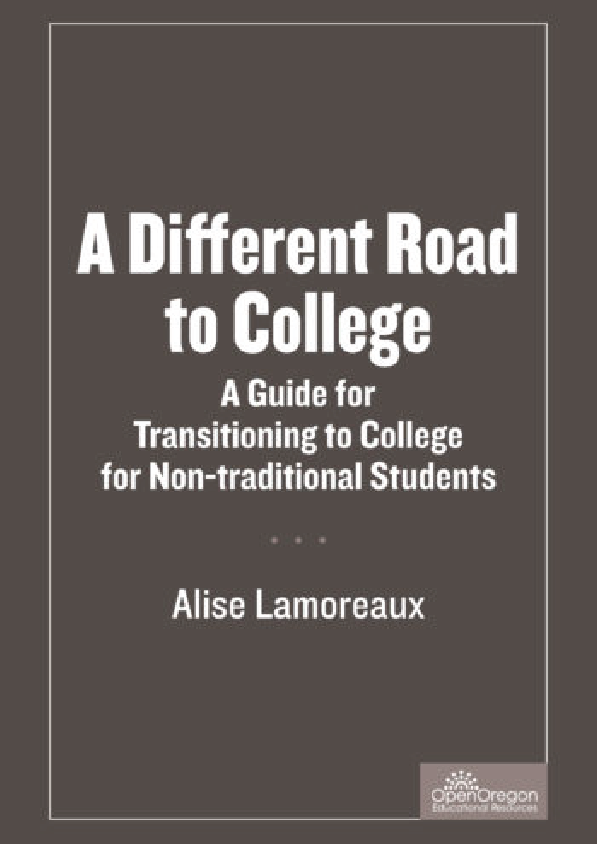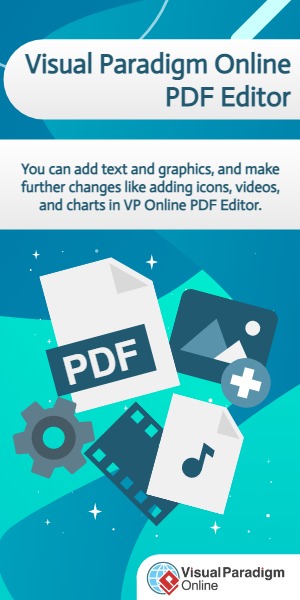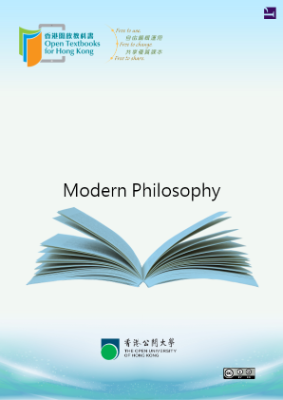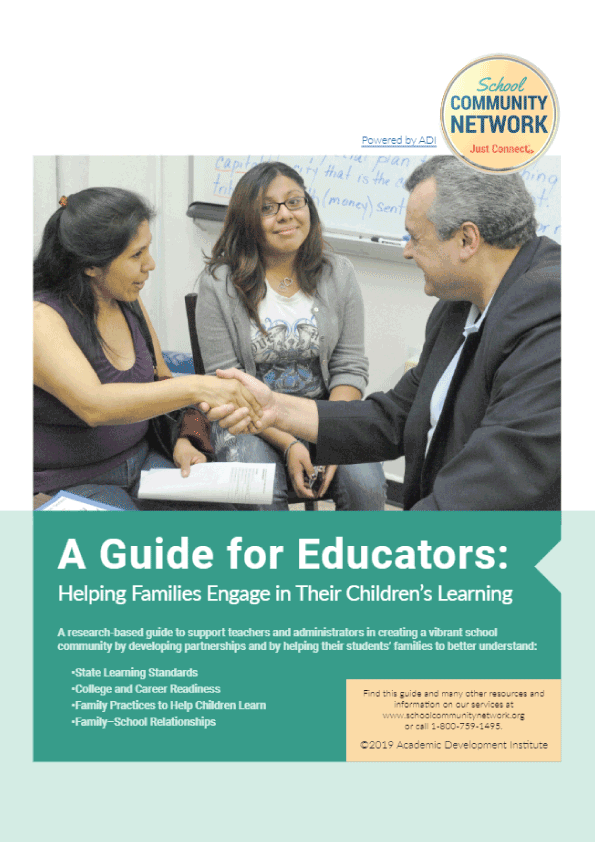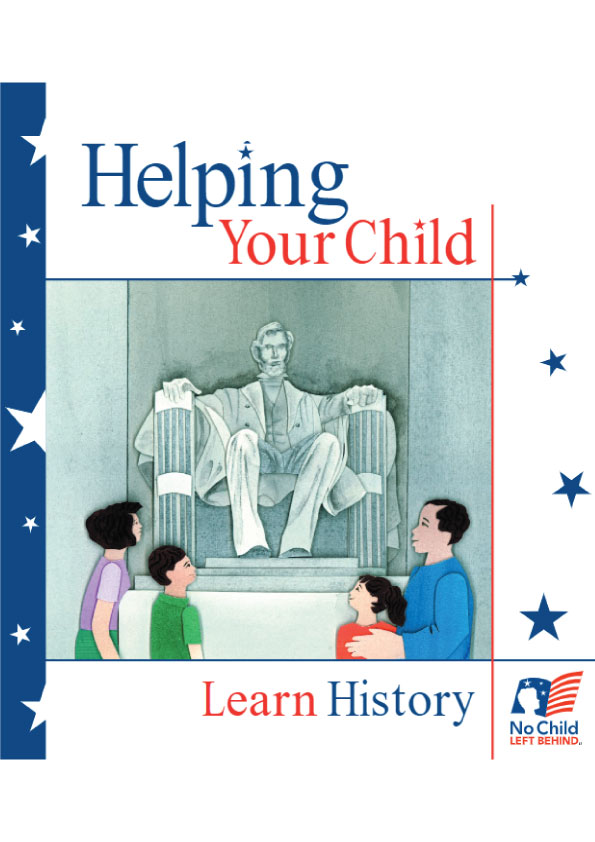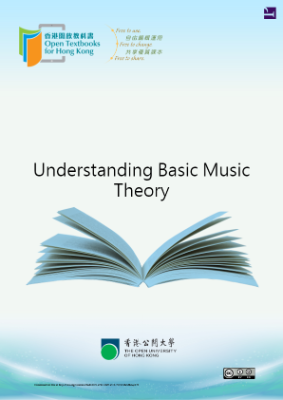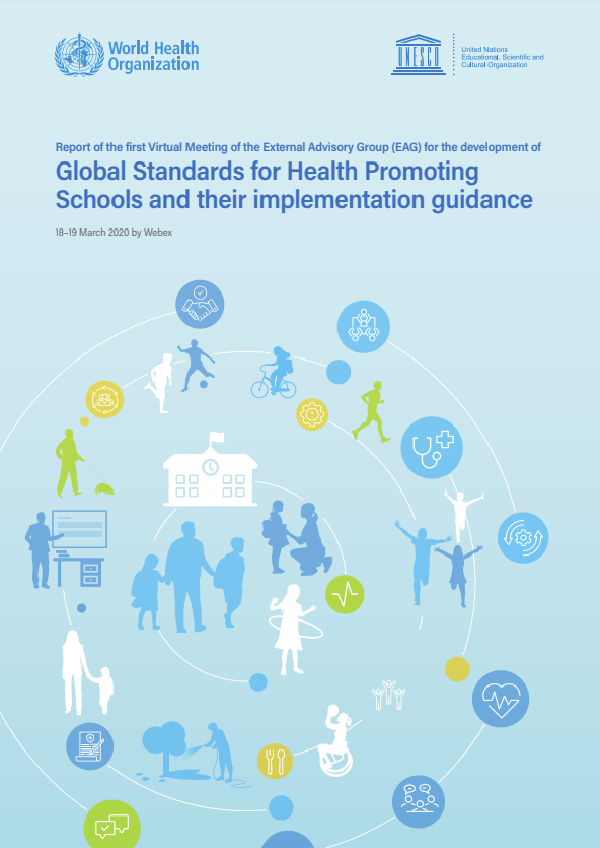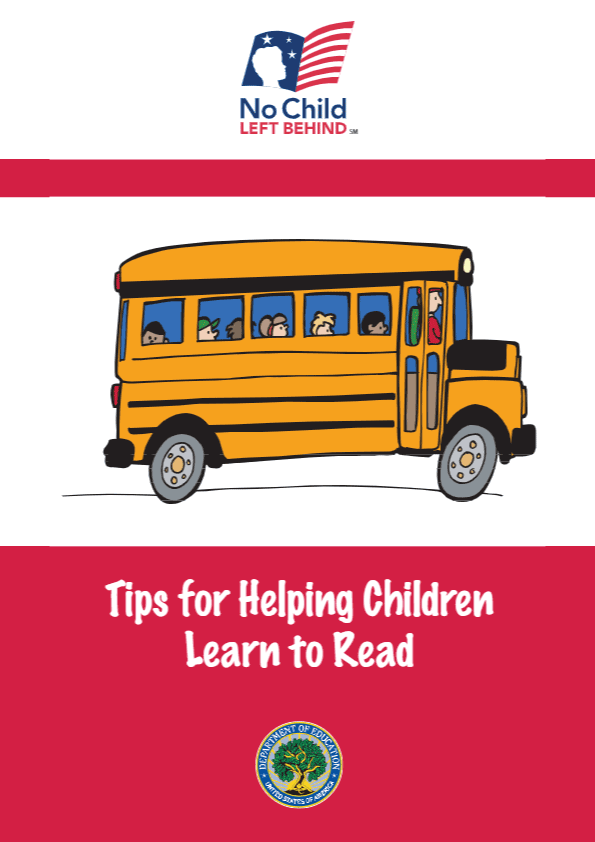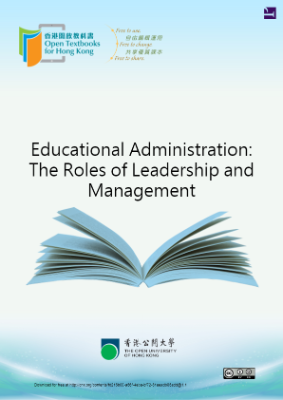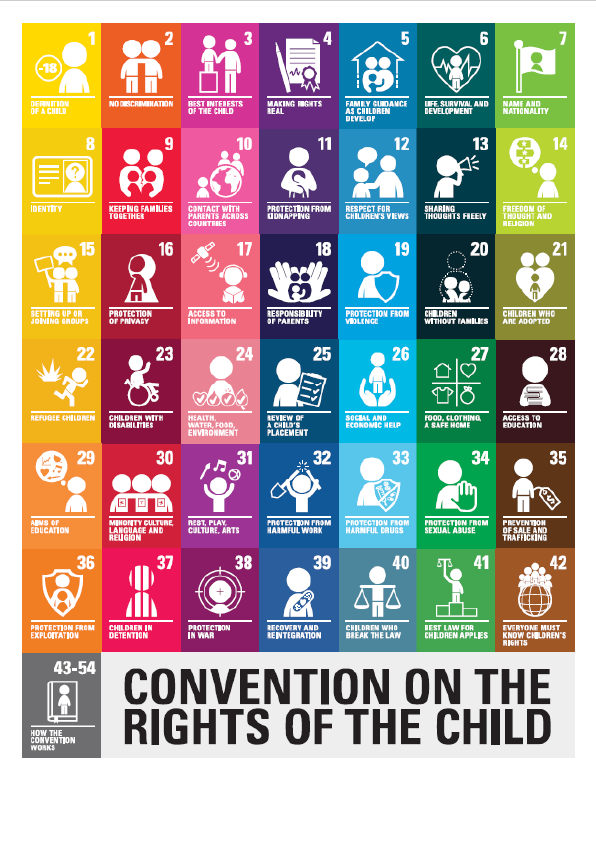College: the romantic transition period from high school to work. Right? Every fall, as summer comes to an end, the media is flooded with images of 18-year-olds and their parents flocking to college campuses, loaded with personal belongings, ready to pack into the dorms. The word “college” tends to make people think of young adults, recently graduated from high school, who will be living in residences on campus, studying with friends, and socializing together on the weekends. Individuals who have found and been accepted to the school that is the perfect fit for them. Let the magic begin.
Many young adults will have spent the summer preparing for the transition to college. Bedrooms were cleaned, youthfully acquired belongings sorted and downsized, memories revisited and college planning guides for student success read. Transition guides include topics like: 10 things to do to be ready for college; dorm living; tips for classroom success; shopping for the things you will need in college; college and drinking; staying connected; and dealing with setbacks. All things the young adults need to know before striking out on their own for the first time. The 18 year old, recent high school senior is seen as the “typical” college student.
However, the student profile for many colleges today is shifting. Young adults with few responsibilities other than college courses, organizational issues, and maybe a few hours of work to earn spending money are becoming a shrinking demographic on many college campuses. Today’s college classrooms are increasingly becoming infused with non-traditional students, those over the age of 24 with responsibilities beyond the classroom walls. These are not students who transition directly from high school to post-secondary education. Many are first-generation college students whose parents have not attended college and are not providing the students with first-hand information about the inner workings of college. Besides the basic foundational information surrounding college, non-traditional students need help understanding the information regarding the contextual aspects of college systems.
WHY I WROTE THIS BOOK
Most textbooks available on the topic of college transition/success today focus on the traditional 18-year old student, and the needs of someone living away from home for the first time. The desire to create this textbook comes from years of experience helping GED and other non-traditional students transition to community college and beyond. For over a decade, I have taught a class designed to specifically help non-traditional students build the contextual knowledge of college systems to help them be able to advocate for themselves and navigate the world of college. I have witnessed the struggle and confusion on the part of students trying to understand the contextual aspects of college and develop the confidence needed to take the transitional step. The content of this textbook will not focus on the needs young adults living away from home for the first time. There will be no shopping list for dorm supplies.
The goal of the book is to help students understand how to select the right college for them and then become acquainted with the inner workings and language of college. The content will be infused with stories about students who have successfully made the transition to college and their advice.
Today’s classrooms are increasingly becoming more diverse by age, ethnicity, and life experiences. It is important to recognize that all the faces in the classroom are, the students. While their preparation and pathway to college may have been non-traditional, once they have enrolled in college, they are the students.
